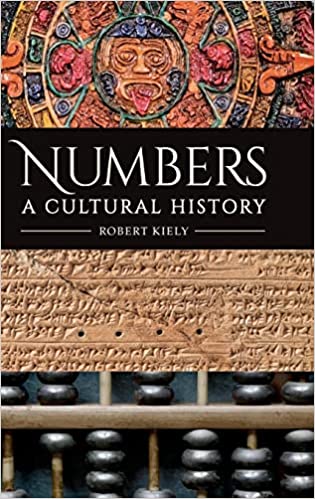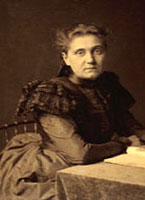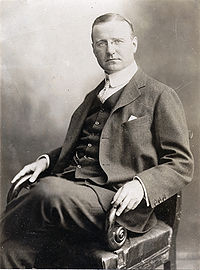
Robert Kiely
Born:
Connection to Illinois: Dr. Kiely teaches the history of ideas in the Liberal Arts Department of the School of the Art Institute of Chicago. Biography: Robert Kiely, PhD, teaches the history of ideas in the Liberal Arts Department of the School of the Art Institute of Chicago. His awards include an Outstanding Teaching Award from Northwestern University, Faculty of the Year Award from the School of the Art Institute in Chicago, and the Sun Hing Lim Teacher Award from the Illinois Mathematics and Science Academy. He earned his doctorate at Northwestern University, where he studied the history of ideas and the history of science.
Awards:
Selected Titles
 |
Numbers: A Cultural History ISBN: 1440869332 OCLC: 1319691852 ABC-CLIO 2022 Mathematics is often referred to as a "universal language," and that is a fitting description. Many cultures have contributed to mathematics in fascinating ways, but despite its "universal" character, mathematics is also a human endeavor. It has played pivotal roles in societies at particular times; and it has influenced, and been influenced by, a wide range of ideas and institutions, from commerce to philosophy. Ancient Egyptian views of mathematics, for example, are tied closely to engineering and agriculture. Some European Renaissance views, on the other hand, relate the study of number to that of the natural world. Numbers, A Cultural History seeks to place the history of mathematics into a broad cultural context. While it treats mathematical material in detail, it also relates that material to other subject matter: science, philosophy, navigation, commerce, religion, art, and architecture. It examines how mathematical thinking grows in specific cultural settings and how it has shaped those settings in turn. It also explores the movement of ideas between cultures and the evolution of modern mathematics and the quantitative, data-driven world in which we live. |




